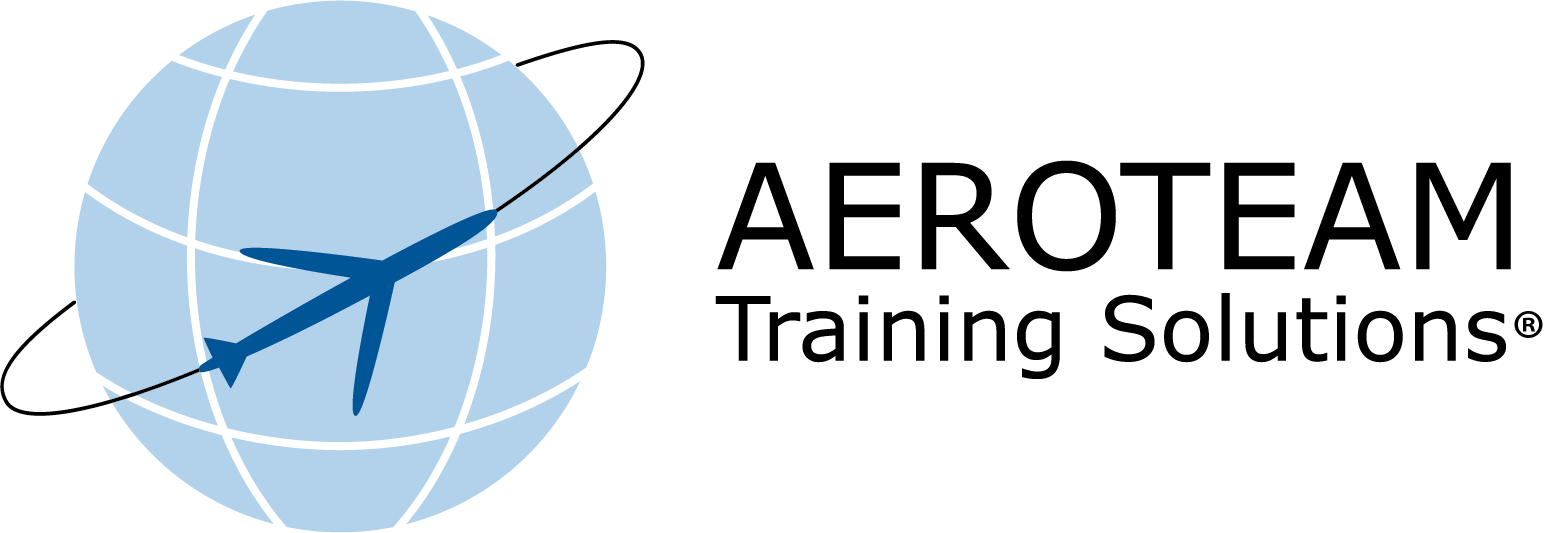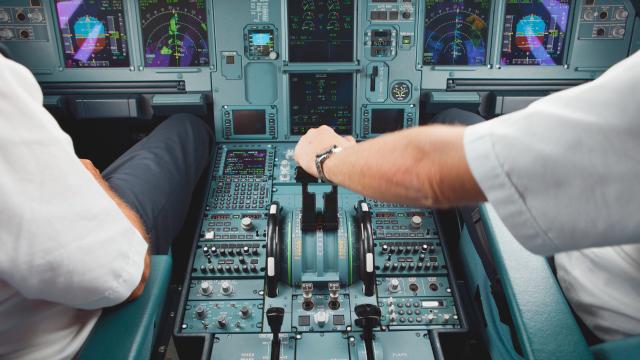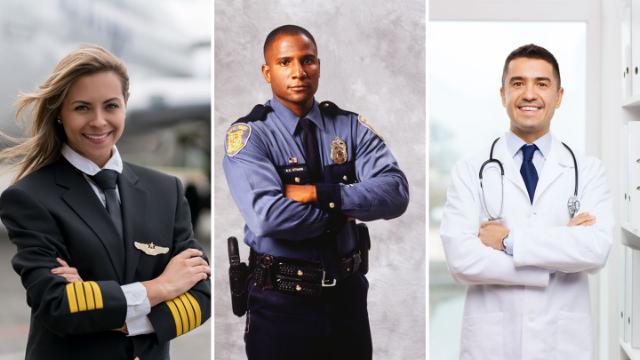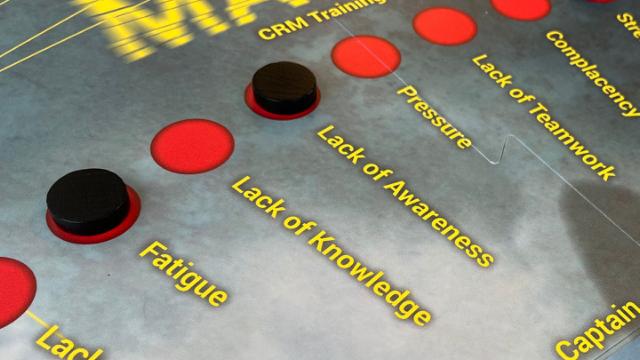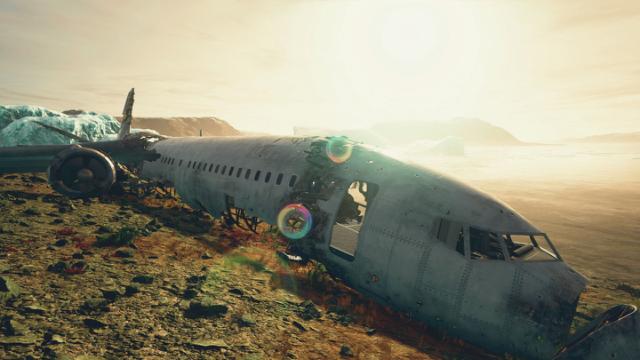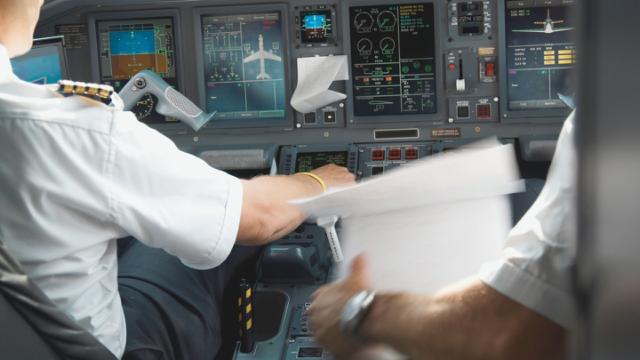
A Pilot, a Police Officer, and a Surgeon Walk into a Bar...
This could be the beginning of a mediocre joke. Instead, the headline uncovers a fundamental insight. In this article, we will dive into three seemingly different professions which share one key characteristic: They must deal with human factors. Every day.
One could argue that few occupations are as diverse and demanding as those of a pilot, a police officer, and a surgeon. At first glance, these jobs could not be more different. One brings passengers and crew safely from point A to B, another ensures order and peace in the streets, and the third performs life-saving surgeries.
However, if you take a closer look through the eyes of human factors, you may realise that pilots, police officers, and surgeons share common grounds.
Understanding these professional parallels can increase performance and safety in each field.
Decisions under Pressure
Approach any pilot, police officer, or surgeon and ask him or her, if they would describe their workplace as a high-stress and high-pressure environment. Virtually, everyone would give you an affirmative answer to that question.
A pilot has the lives of the crew and passengers in the hands and must master critical decision-making. Do we proceed or abort landing in adverse weather? Similarly, a police officer must assess immediate and latent threats and determine the appropriate response before the situation turns dangerous for colleagues and bystanders. And what about the surgeon?
Do you think it is stress-free to make critical choices during complex surgery?

In all instances, it is crucial to possess skills in critical decision-making and stress management. Why? Because the stress level cannot be underestimated in these environments. Factors such as fatigue, trauma, and pressure all contribute to stress.
Therefore, training in stress management and human factors is essential to ensure the safety of yourself and those around you. Be it passengers, pedestrians, or patients.
Communication Is Key
But decision-making is not the only skill necessary to counter human factors in the operational environment. Essentially, effective communication and teamwork constitute crucial aspects of each profession. They are non-negotiable. Pilots must coordinate with the crew in the air and air traffic control on the ground. Police officers rely on their colleagues when responding to emergencies. Similarly, surgeons depend on nurses and fellow doctors when performing surgeries.
In other words, miscommunication and lack of teamwork can have devastating consequences in high-pressure environments where lives are literally in the line of fire.
Read more: The Human Factor: When Humans Make Mistakes
Behind the professional mask
While the work of pilots, police officers, and surgeons may appear worlds apart, they share a deep connection in terms of human factors. Essentially, skills in critical decision-making, effective communication, stress management, and teamwork bind the professions together.

If professionals within aviation, law enforcement, and healthcare begin to recognise these similarities and learn from one another, we can enhance safety, improve performance, and limit the inevitable risk of human error. Across all three professions.
What can three seemingly disparate professions learn from each other?
- Pilots can develop a strong mindset from police officers to prepare for critical conditions during work, thus enhancing safety in critical situations.
- Police officers can adopt the stress management techniques of surgeons to improve decision-making in high-pressure situations.
- Surgeons can benefit from the communication and teamwork skills of pilots to promote efficient collaboration with nurses and doctors in the operating room.
So, perhaps, next time you see a pilot, a police officer, and a surgeon entering a bar – remember that they have more in common than the celebratory after-work beer.
Explore Our World of Active Learning
Get acquainted with MAYDAY - an interactive training solution for the global aviation industry.
